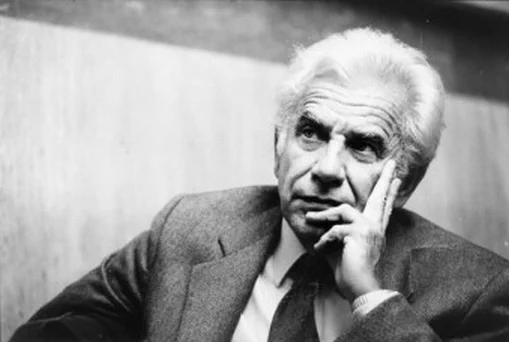Marxist philosopher and politician Mario Tronti died at 92, known for workerism in Italian left.
Who was Mario Tronti?
Mario Tronti, a prominent Marxist philosopher and politician, played a significant role in shaping the workerist current of the Italian left during the 1960s and 1970s. Born in Rome in 1931, Tronti was deeply involved in politics from a young age, becoming a soldier in the Italian Communist Party.
In 1961, he co-founded the influential magazine Quaderni Rossi with Raniero Panzieri, later founding the journal Classe operaia. His seminal work, “Workers and Capital,” published in 1966, summarized his political views, which centered on the working class as the main agent of social and political transformation in Italy.
Also Read: Billy aka William Friedkin: Cause of death, net worth, age, movies, relationship and more
Tronti’s contributions extended beyond academia, as he served as a senator with the Democratic Party of the Left and continued to advocate for social and political change.
Cause of death
Mario Tronti, an esteemed figure in theoretical workerist Marxism, passed away at the age of 92. His death was announced on Twitter by Stefano Vaccari, a senator from the Democratic Party.
The cause of death is not yet known.
Age
Born in Rome in 1921, Tronti demonstrated a strong commitment to both scholarly pursuits and political activism throughout his life. At the time of his death, he was 96.
He engaged actively with the Communist Party and played a crucial role in founding theoretical workerism alongside Raniero Panzieri and others. Tronti’s contributions to political philosophy and his focus on the working class’s centrality made a lasting impact on the Italian left and beyond.
Legacy
Mario Tronti’s intellectual legacy is marked by his significant contributions to Marxist theory and his influence on the Italian left. He delved into the complexities of workers and capital, highlighting the role of the working class as a driving force for social change.
Tronti’s involvement with the Catholic world added a distinctive dimension to his research and dialogue on spirituality, social issues, and the movements of the proletariat.
Also Read: Who is Hannah Ayla aka Hanayla? TikToker claims she was spat at in San Francisco
Throughout his life, Tronti’s pursuit of unity and common humanity remained central to his political and cultural reflections. His passing comes at a critical moment in Italy’s history and Europe’s ongoing challenges.







